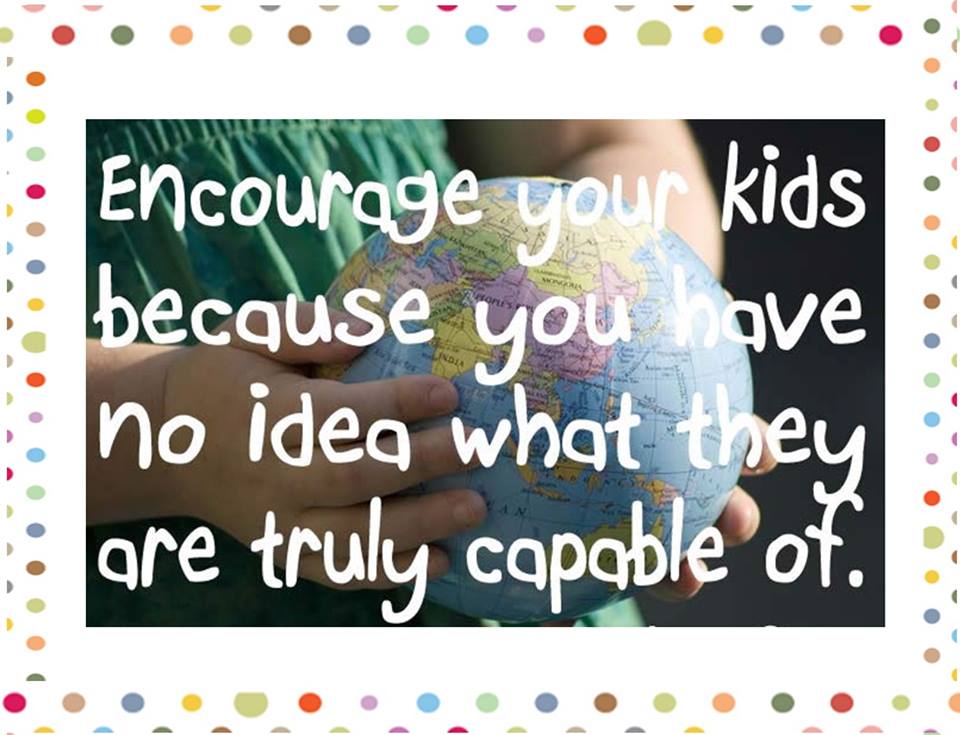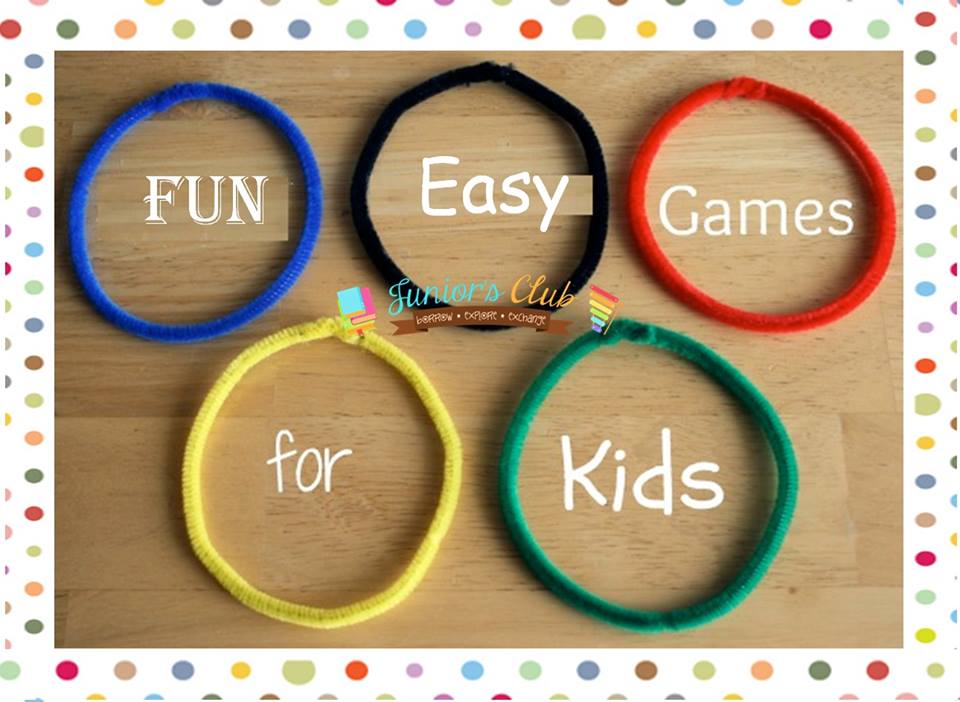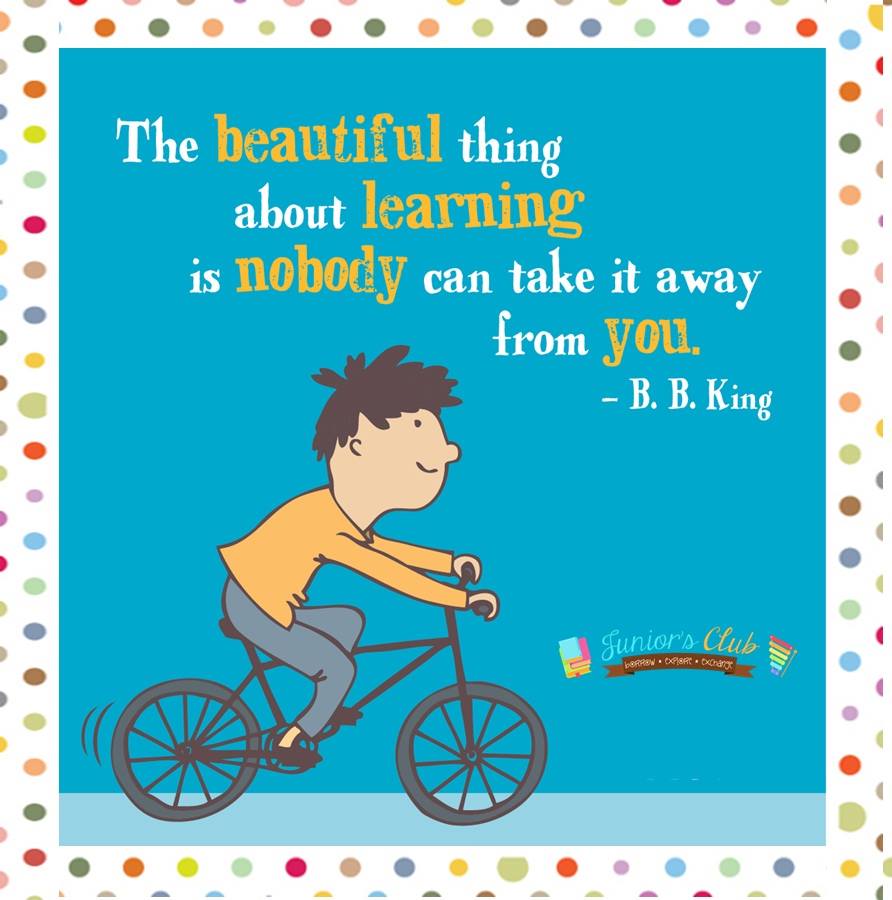“You have to learn the rules of the game. And then you have to play better than anyone else.”
Playing games is an easy and excellent way to spend unhurried, enjoyable time together. As an added bonus, games are also rich in learning opportunities. They satisfy the child's competitive urges and the desire to master new skills and concepts.
Board games have a variety of functions. Children can learn number concepts, number counting, spatial relations, color recognition, sequencing, matching, and many more skills. They also learn to take turns and soon learn that they can't always be first. This is an important skill in their social development.
Children need to learn how to win and how to lose. They need to understand that it is not possible to win every time. They need to learn about competition, to feel positive about it and know that they're going to have an opportunity to play again.
Games offer fun, learning, and opportunities to expand experiences.
Games teach children how to master certain skills, overcome obstacles and reach goals. Language develops as a child plays and interacts with others. Learning to cooperate, negotiate, take turns and play by the rules are all important skills learned in early games. These skills grow as the child plays. As a result, children learn the roles and rules of the society.
There are different kinds of games which boost their brain power :
-
Games on Shape,Size & Color
- Board Game /Fun Games
- Logic Games
- Learning
- Games on Matching, Memory & Patterning
Games develop intellectual, social, emotional or physical development.
Creative Skill :
Creative development thrives in an environment where children can safely express their curiosity, explore and play. They should be encouraged to make up stories, create freely through age appropriate art material to help them develop confidence in their own ideas and expressions.
Language Skill :
The first few years of a child's life are key to the development of speech, language and communicative skills. These skills don’t evolve on their own, they are a part of a bigger picture involving social interaction, play, observation, manipulative objects, listening and attending. These skills work together often, without one, it’s difficult to develop another.
We at Junior’s Club offer specially adapted toys for children. Some adaptive toys are very expensive to buy, so having a chance to try them out before purchasing is a big advantage for parents of children.











